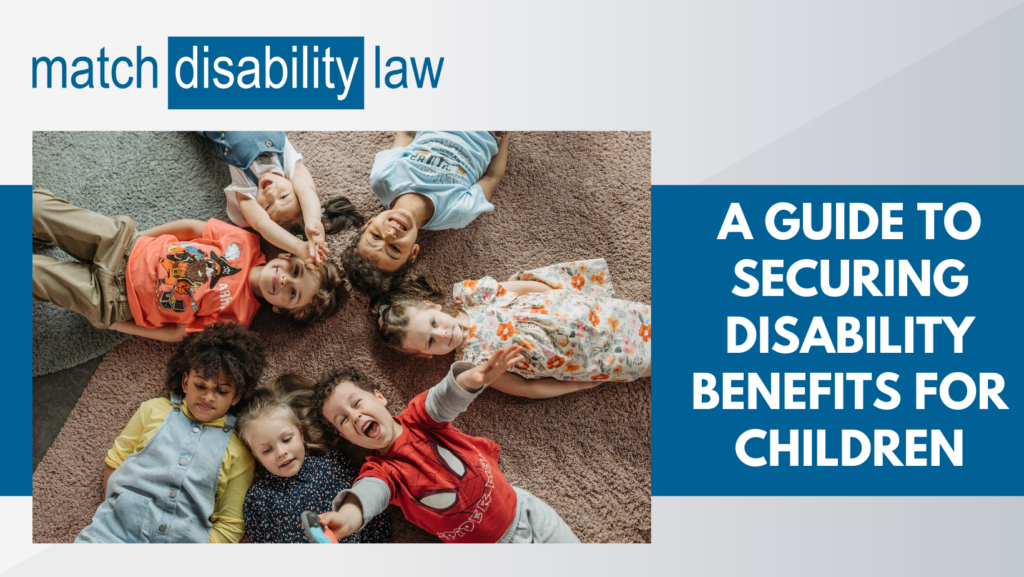When seeking disability benefits for children or young adults, it is important to understand that a different analysis is used for children and different types of evidence will be important to demonstrate functional impairment and disability for both children and young adults. There are certain things that are very important for establishing disability and entitlement to benefits for children and young adults.
The Role of Schools in Disability Claims
The most important thing to do when advocating for benefits for children is to be certain to gather information from schools and teachers on a regular basis to establish the ways in which children and young adults are impacted by disabilities.
Teachers and school districts are in a unique position to observe and evaluate the child on a daily basis and in the context of their peers. We always ask for a detailed opinion from teachers about the child’s function in a variety of domains. We also gather the school records which should include current and prior Individualized Education Plans (IEP’s) and accommodation plans, test reports, report cards and disciplinary records. Some medical records may also be included.
This information is always considered and given great weight by the individuals making disability determinations.
Involvement of Parents in the Disability Application Process
We also discuss with the parent or guardian the child’s school progress and level of services that are provided by the schools. Often schools are unable to provide a full range of necessary services. If there are needed or requested services that are not being provided, this should be pointed out in the application process. We also advise parents that it is important to request and document the request for needed serves that are not being provided.
We also attempt to gather any court records that may pertain to a child. If there is court ordered treatment of a child or a child has had legal charges, those records should also be obtained.
Legal Context: Court Records and Treatment for Children’s Disability Benefits
In most hearings involving benefits for children (and sometimes young adults) the child will give very little testimony. Rather the parent will testify on behalf of the children. The Judge will likely exclude the child from the hearing room until the parent has testified about the child’s conditions, behavior and limitations. The parent’s testimony is crucial in claims for children.
Income Considerations and Supplemental Security Income Benefits
Children are generally only entitled to Supplemental Security Income benefits because they do not have a work history and have not paid FICA taxes in significant amounts.
A parent’s income and assets are deemed to the child, so children under 18 can only receive benefits if their parents meet the stringent income and asset requirements for benefits. However, at age 18 a child is considered to be their own household and a parents income no longer is considered in determining if they would meet the income and asset limitations for Supplemental Security Income benefits.
If you have a child or young adult who suffers from a significant disability that would preclude them from entering the workforce you should seek the advice of an experienced attorney in making a claim for benefits.


